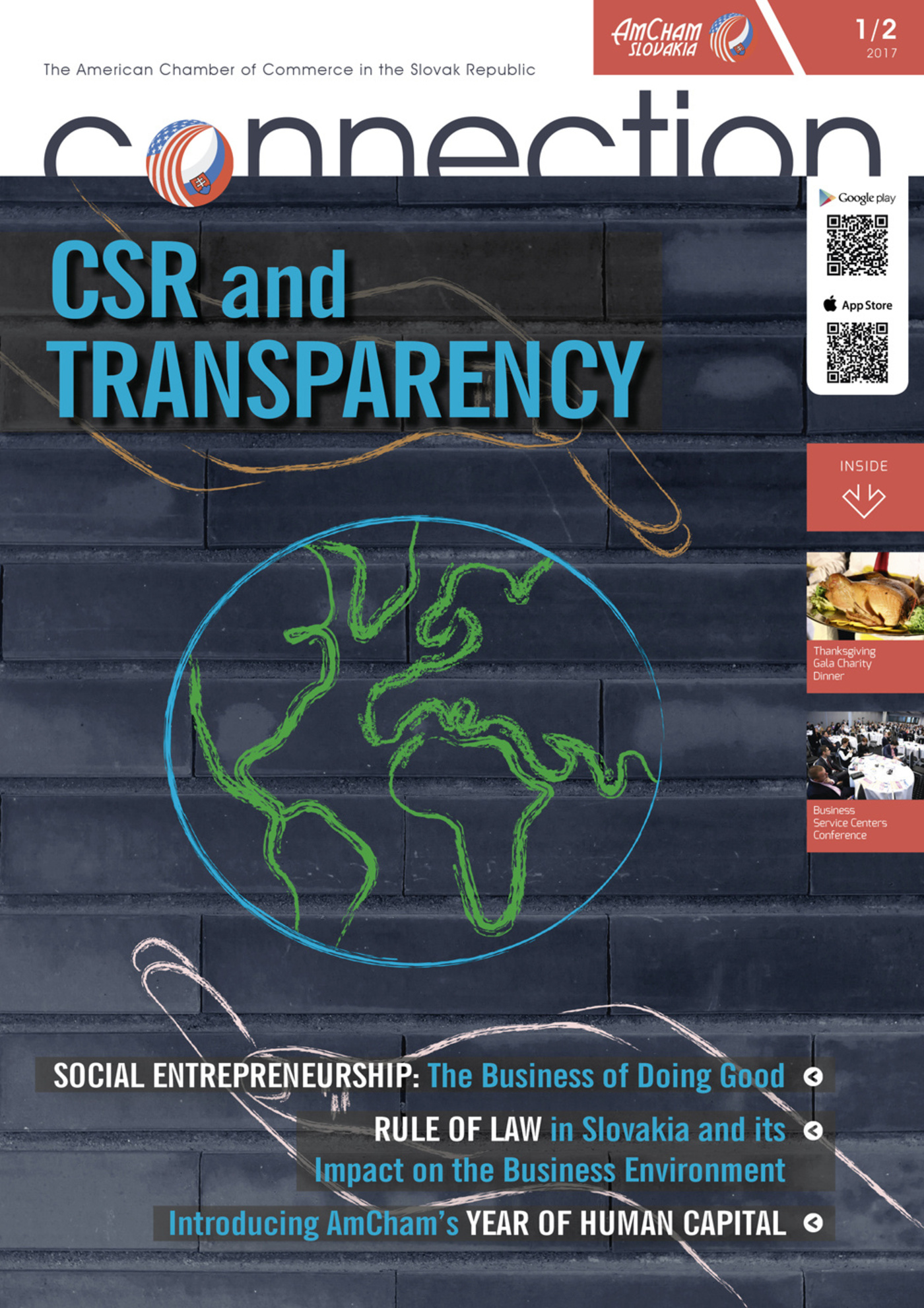Any kind of change is thus not just a matter of legislation but also a question of political and practical management as well as social culture. Taxes, contributions, or Labor Code can be changed quickly if there is sufficient political will; the effects will be seen within the horizon of a single election period. However, public administration, justice, the education system, and health care do not just require changes of legislation but also their implementation. The complicated character of implementation lies in the need to gain a critical mass of stakeholders active within the respective system while the natural reaction of any kind of environment is to be change-averse even in a situation when there is dissatisfaction with the status quo.
This is why I am glad that the Ministry of Justice managed already in the first year of this government to elaborate and pass several key legislative changes – reform changes in distrainment, dunning procedure, personal bankruptcies, as well as the so-called anti shell-company act. We have thus gained the time necessary for their implementation.
Some could object that these pieces of legislation do not come with the largest political leverage. However, they are key from the perspective of the future functionality and efficiency of the judiciary and the creation of conditions for improved access to justice. Through personal bankruptcies, we decided to give another chance to those who found themselves caught in debt traps, whether by their own mistake or due to objective reasons and who are not able to escape on their own. We changed the system of distrainment. We set up more balanced relations between the debtor, creditor, distrainor and the courts. In order to significantly cut the time allowing the creditors access to their money, we introduced a fully-fledged electronic alternative to the existing order for payment. The benefit from this solution won’t only be felt by entrepreneurs in the form of improved business environment, but also other participants of lawsuits as the electronic agenda of orders for payment is concentrated at a single court.
In relation to the anti-shell company act, a lot of talk in the business sphere is perhaps directed at costs incurred by the entrepreneurs doing business with the state. But there is a ‘B’ to every ‘A’. This is a law that further constrains the space for corruption and therefore improves the business environment. Therefore, if a group of businesses have preferential access to doing business with the state, it distorts the entire competitive landscape.
By working intensely right at the beginning, we created and prepared solid grounds to be able to start working on improving the conditions in the judiciary again. The upcoming period will be characterized by a great volume of work which may perhaps be less visible in the media. But I still believe that the visible outcome of this work will be a reduction of the space for corruption, improved law enforceability and improved access to justice.
Lucia Žitňanská, Deputy Prime Minister and Minister of Justice of the Slovak Republic



Follow us